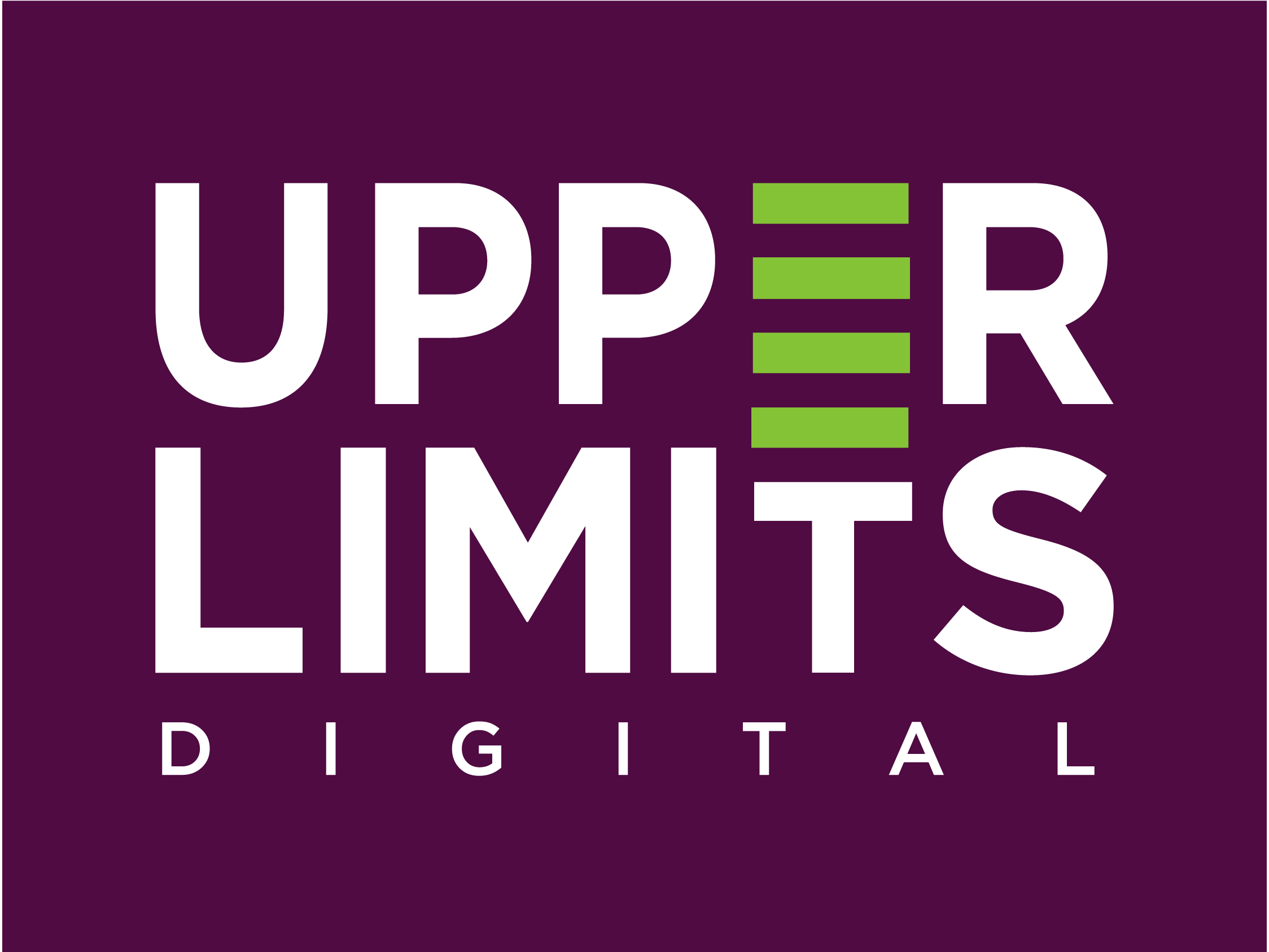What is SEO?
At a basic level, SEO (search engine optimization) refers to the strategies that help your website get found on the web.
If you are just starting to understand SEO, you might not realize that there are different kinds of SEO.
Organic SEO is when the search engine matches your site to a search query. The search engine considers you a good match based on a number of different criteria: your on site optimization including the content on your site and also how many references are out there on the web linking back to your site. These references could be social shares of your web content by you and others or it could be any other (do-follow) link on another website. The higher the website’s page rank that links back to you, the better it is for your credibility.
Another kind of SEO is local SEO which are the processes to optimize a business’ web presence locally.
Even with their different purposes and methods, every SEO strategy start with on site optimization. Simply put, on site SEO is a strategy for making your website as attractive as possible to search engine crawlers.
Why is SEO important?
Chitika, online ad network, found that in the US and Canada, the #1 organically ranked website gets 33% of the click through traffic. #2 gets 18%. #3 gets 11%. Once you get to the bottom of the 1st page to position 10, you are already down to 2% of the click through traffic. 2%!! Ouch.
Here is an example: The term “asheville marketing” gets 50 searches monthly according to Google Keyword Planner. Being in the #1 position, I can expect about 16 visits to my website driven by that search term. The website in the 10th position can expect 1 visitor.
MarketShareHitsLink.com’s not-so-shocking statistic supports the research: 75% of internet users will not scroll to the second page of search results.
Now, when you consider the many different search queries, those numbers all add up. “Marketing Asheville” and “Marketing Asheville NC” are different terms getting a different number of monthly searches so when you think about all of those numbers added together, the percentage of click through traffic goes up. This makes being ranked in the top positions a very valuable commodity to some.
So, what can I do about this?
Fear not, ranking your website is not out of the realm of possibility. Researching long tailed keyword phrases through Google Keyword Planner (free) and strategically using those phrases in your web content consistently and in a way that engages your audience can land your website in a highly converting spot.
The first step to do is to conduct your research > implement your research on your web site > support your efforts by continued content creation on the web that links back to your site. This can be content that was created on your site or blog and shared on social media or content that was written about you on established sites or even your own content that has been contributed to other sites. Remember, the higher those sites’ page rank, the better.
Yes, there is so much more to it then these overly simplistic steps, but understanding what it is and how it can affect your web traffic is what is most vital to beginning an SEO strategy. If you don’t have the time or the inclination to dedicate to SEO, it can be well worth the investment or at least the conversation to assess the possibilities of what SEO could do for your business.
